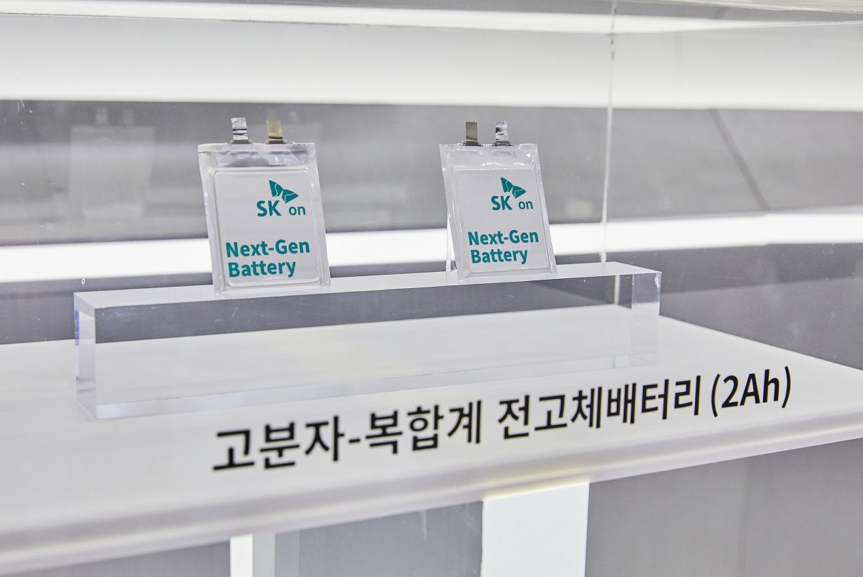
Scientists as Oak Ridge National Laboratory have developed a solid electrolyte for lithium-ion batteries that will provide greater energy density. The substance is made by manipulating lithium-thiophosphate so that it could conduct ions 1000 times faster than in its natural bulk form. The researchers used nanostructuring to alter the structure of the crystals that make up the material.
By altering it in this way, the solid electrolyte was not flammable as a liquid electrolyte would be. Chengdu Liang, who led the study, said: “Cycling highly reactive lithium metal in flammable organic electrolytes causes serious safety concerns,” Liang said. “A solid electrolyte enables the lithium metal to cycle well, with highly enhanced safety.”
The team developed the solid electrolyte by refining lithium-thiophosphate until it could conduct ions at a faster rate than in its natural state.
“We started with a conventional material that is highly stable in a battery system – in particular one that is compatible with a lithium metal anode,” said Liang.
One of the research paper’s coauthors, Adam Rondinone, said the method can be scaled up to create large amounts of the material based on the same nanostructuring.











